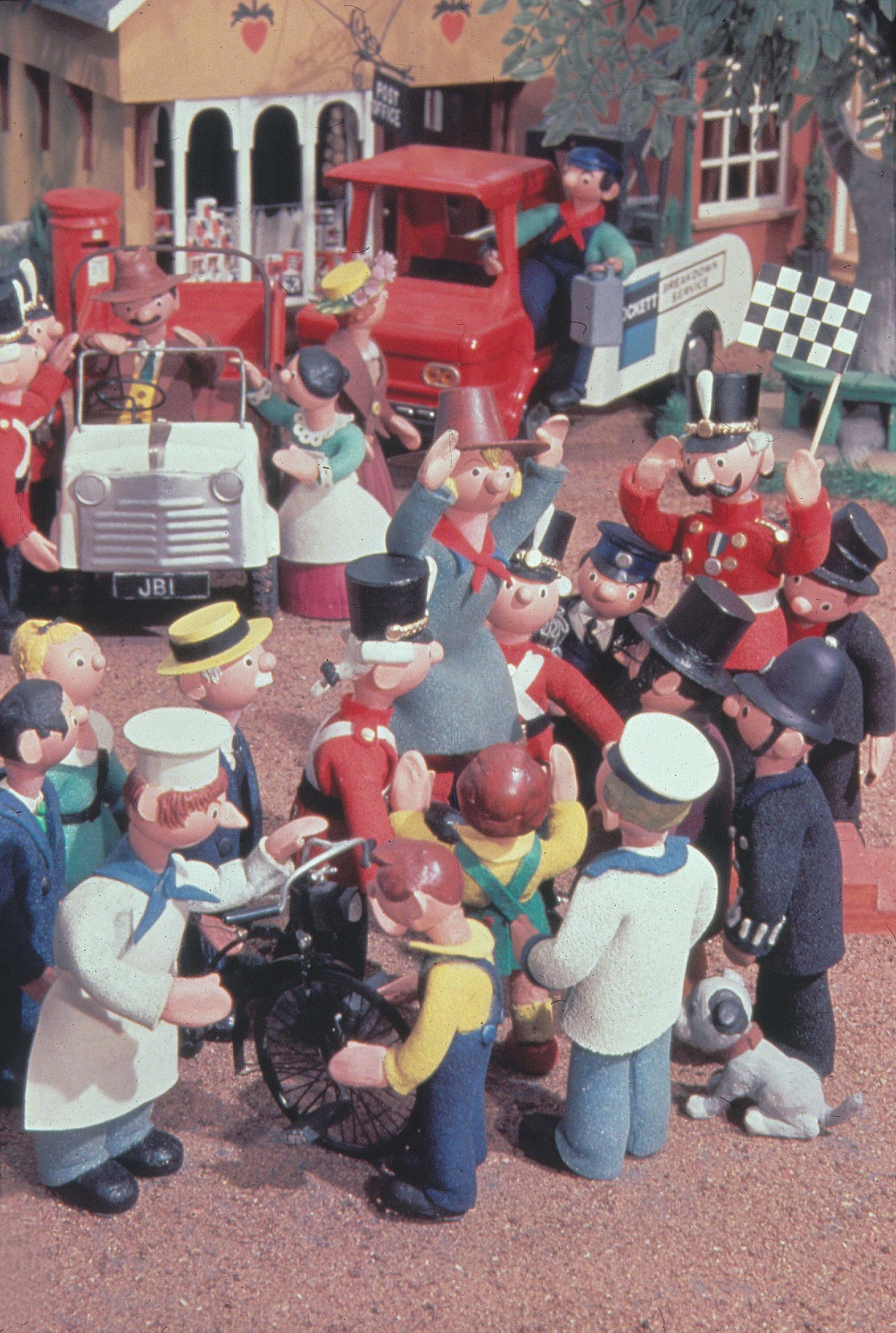The BBC, Inequality and the Multi-Coloured Swap Shop
The BBC was once an engine of progressive change driving British society to greater equality – Danny Dorling asks what changed, and why?
This article makes an unconventional argument, that the BBC was pro-egalitarian until the late 1970s and then a less benign dominance took hold. Slowly at first, but later that new dominance grew to have a negative influence over British culture, politics, and economics.
Using the BBC’s commissioned children’s television shows by way of playful example – which might mean more to the older reader – I argue that in the 1930s, the last time the UK was as economically unequal as it is today, many social engines were pushing British society towards greater equality.
From 1922, and for at least half a century, inequality in income fell every year, until around the advent of the Multi-Coloured Swap Shop in 1976 – coincidence, not cause. Class divides tumbled and we began to better understand each other.
However, in more recent decades, our increasingly London-centric media has more often provided excuses for trying to explain away huge inequalities as if they were inevitable. This has led to the current impasse whereby, as Adam Bienkov wrote in Byline Times: “…the BBC continues down its recent path of seeking to appease and co-opt the very forces whose political and commercial interests demand its destruction.”




